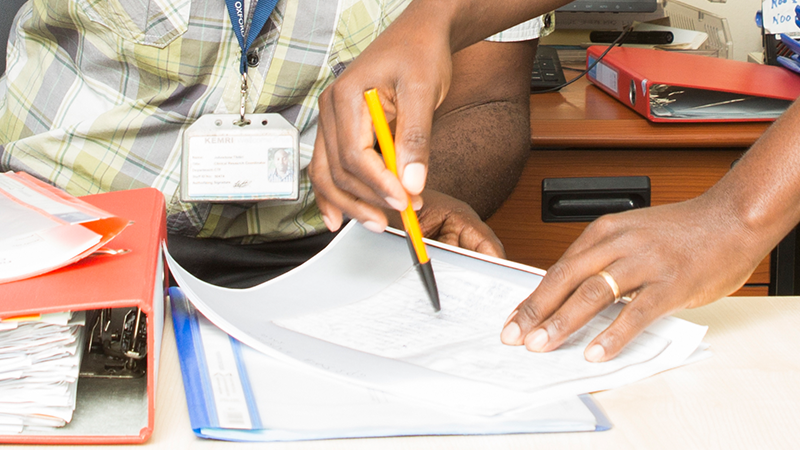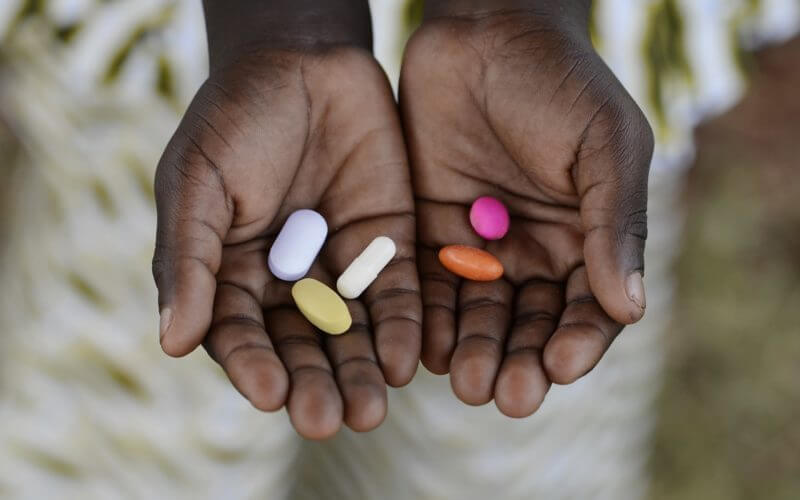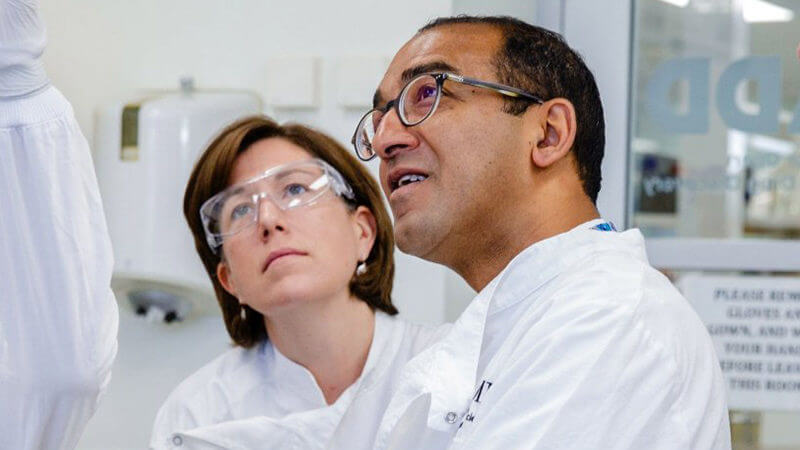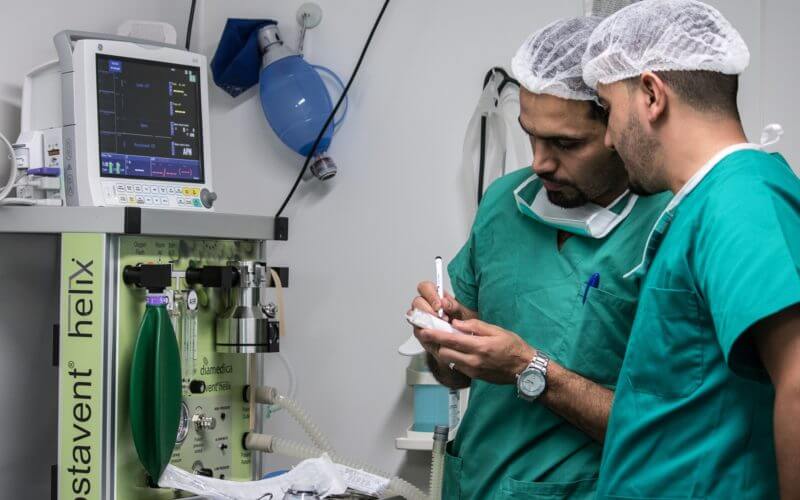About GARDP

The Global Antibiotic Research and Development Partnership (GARDP) is a not-for-profit organization developing new treatments for drug-resistant infections that pose the greatest threat to health. GARDP works with partners to ensure sustainable access to treatments, promoting responsible use and affordability to all in need.
Antibiotics radically transformed our world by making previously incurable illnesses treatable and allowing medical procedures like chemotherapy and operations to be performed safely. Millions of lives have been saved and our well-being and lifespans improved as a result. This remarkable progress is threatened by antibiotic resistance and requires an urgent global response.
GARDP mobilizes partners to develop new and improved antibiotics. In partnership with governments, the private sector, academia and civil society, we are embracing innovative solutions to antibiotic resistance.
Created by the World Health Organization (WHO) and Drugs for Neglected Diseases initiative (DNDi), GARDP is essential to delivering on the Global Action Plan on Antimicrobial Resistance.
“The rise of drug-resistant bacteria is jeopardizing decades of progress and threatening our ability to prevent and treat infections that were once easy to treat. The Global Antibiotic Research and Development Partnership is an essential element of delivering the Global Action Plan on Antimicrobial Resistance.”
– Dr Tedros Adhanom Ghebreyesus, WHO Director-General.
Investing in lives saved
Drug resistance is responsible for more than 1.2 million deaths a year. Babies and children are losing their lives to treatable diseases like sepsis. The spread of drug-resistant sexually transmitted infections has devastating consequences on reproductive health and heightens the risk of HIV transmission. One in ten hospital patients will contract some form of infection and are increasingly dying due to the lack of effective medicines.
By acting now, collectively and with urgency, we can avert this unfolding global crisis, protecting our health today and for generations to come. GARDP is developing new and improved treatments for priority drug-resistant infections identified by WHO as the greatest threat to health and development.
An innovative partnership
GARDP is designed to promote innovative solutions to the challenge of antibiotic resistance. This includes harnessing the experience and insights from governments, the United Nations, private sector, academia, civil society and people affected by antibiotic-resistant infections.
GARDP mobilizes funding and provides strategic direction, advocacy and support to connect leadership from the public and private sectors, in order to develop antibiotic treatments and ensure they are available to every person who needs them.
Protecting our health now, and the health of future generations
Delivering impact
Working collaboratively, GARDP has screened 65,000 compounds and evaluated more than 100 chemical entities for antibacterial activity. Further evaluation has provided the basis to integrate six of these entities into GARDP’s pipeline, to be developed as potential treatments for drug-resistant infections that pose the greatest threat to health.
GARDP has completed the largest-ever global study on newborns with sepsis, to transform prevention and treatment and end sepsis as a leading cause of death among babies. Alongside this study, GARDP has completed a safety evaluation of the existing antibiotic fosfomycin for use with children and babies.
GARDP is supporting the late stage development of a novel, first-in-class treatment for drug-resistant gonorrhoea, and is collaborating on a new treatment for hospital-acquired infections with limited treatment options.
History of GARDP
GARDP was created in 2016 by WHO and DNDi to deliver on the Global Action Plan on Antimicrobial Resistance.
The idea for GARDP arose through consultations in 2014 between WHO, DNDi and groups around the world working to address infectious diseases. The proposal for a global antibiotic research and development initiative was endorsed by WHO member states in 2015.
A transitional working group was established to determine the design of this new organization, with DNDi agreeing to host the organization for a three-year period. In 2019, GARDP became an independent organization.
Special status
The Swiss Federal Council and GARDP signed an agreement in 2021 relating to the privileged status of GARDP in Switzerland, a recognition of the major role played by GARDP globally in the fight against antibiotic resistance. Only a dozen Swiss international foundations have been granted privileged status by the Swiss government since the entry into force of the Swiss Host State Act in 2008.
As a result, GARDP will no longer have to pay the value-added tax in Switzerland and it will be able to recruit foreign employees (EU or non-EU) without local immigration law restrictions. By signing this agreement, Switzerland is also strengthening its commitment to tackling the silent pandemic of antibiotic resistance and reinforcing GARDP’s long-term presence in Geneva, further strengthening the city’s position as a global health hub.
This important milestone will help GARDP accelerate its social mission to develop new treatments for the drug-resistant infections that pose among the greatest threats to global health and ensure that everyone who needs treatment has access to it wherever they live.



